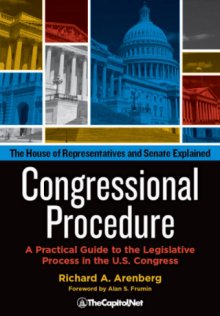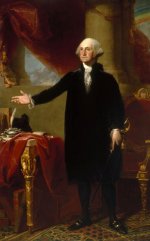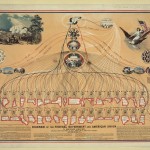Political Action Committee / PAC / Leadership PAC (CongressionalGlossary.com)
From the Congressional Glossary – Including Legislative and Budget Terms Political Action Committee / PAC / Leadership PAC PAC-MAN (REMI GAILLARD) Political Action Committee (PAC): A private group organized to elect or defeat government officials or to promote or defeat legislation. PACs are defined and regulated by state and federal law. A leadership … Read more





